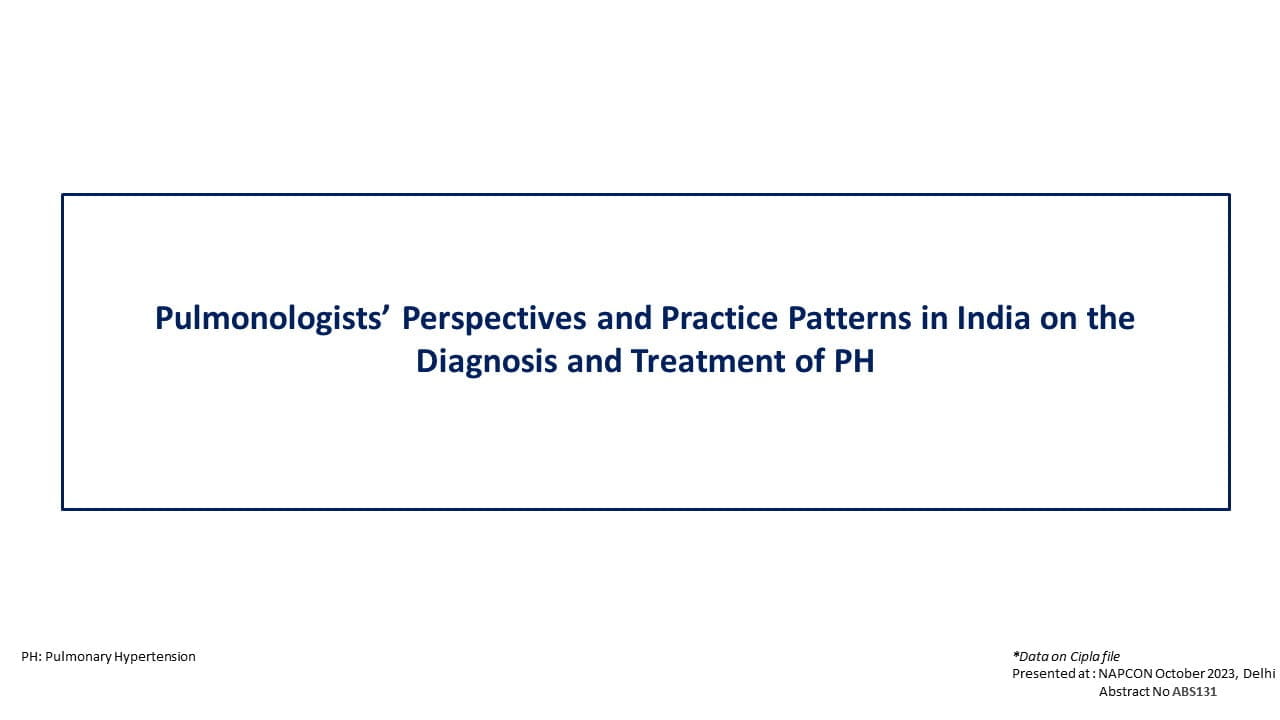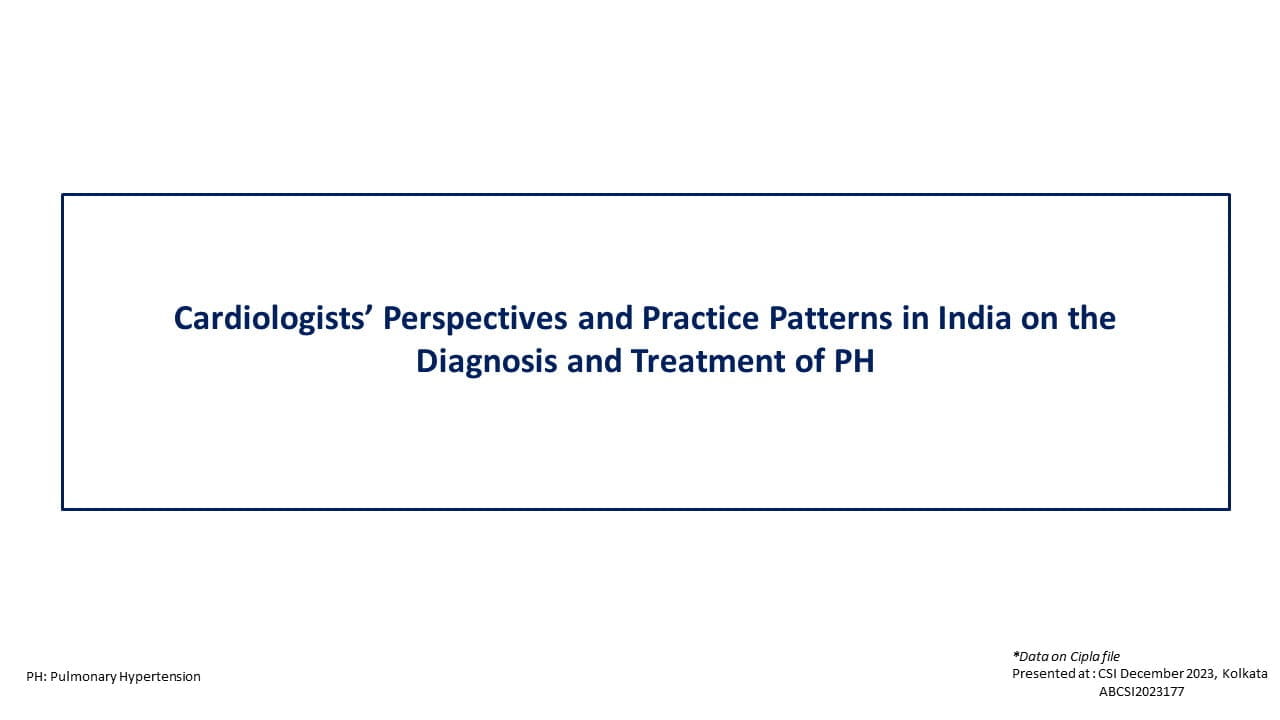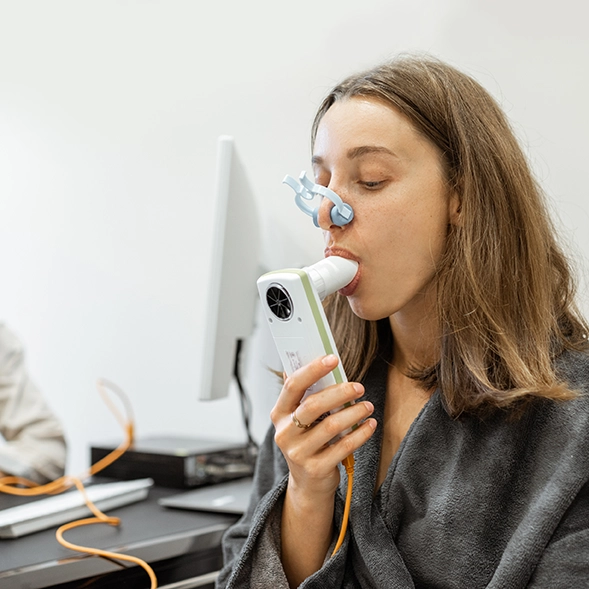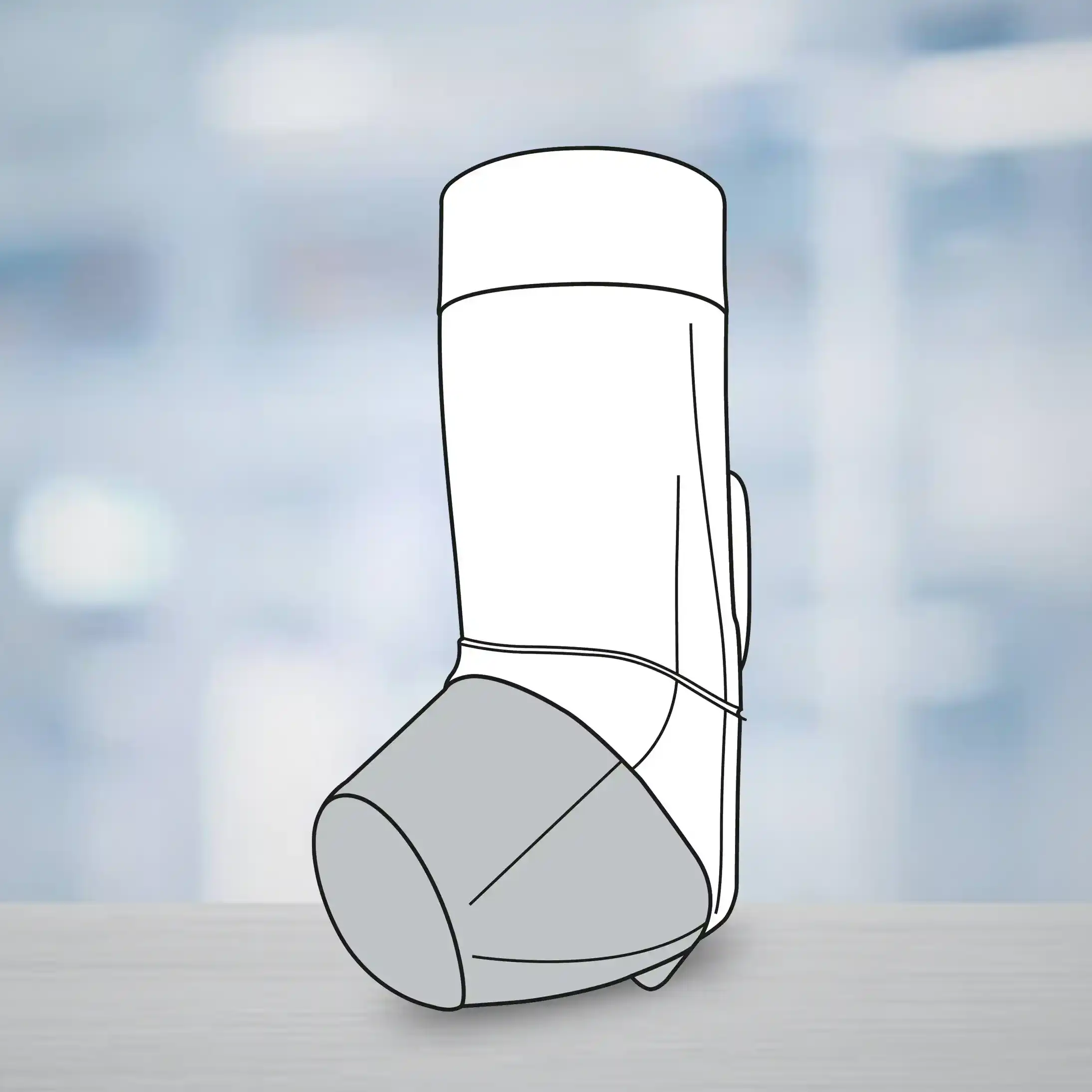Fecal Microbiota Transplantation Improves Gut Microbiota Diversity in Pediatric Crohn’s Disease
29 Apr, 25
Introduction
Periodic fecal microbiota transplantation (FMT) along with partial enteral nutrition (PEN, 80%) was effective in pediatric Crohn’s Disease (CD). Oral FMT capsule administration seems promising in children with CD due to its less invasive and easy to use nature with high adherence, and tolerance. However, there is paucity of clinical efficacy studies on oral FMT capsule administration in children with CD.
Aim
- To determine the short-term safety and clinical efficacy of FMT capsules combined with PEN (80%) for pediatric patients with active CD
- To evaluate the implantation rate of donor bacterial genera after FMT capsule administration by analyzing the microbiomes before and after transplantation
Patient Profile
- 33 children (11.6 years) with active CD
Method
Study Design
- Open-label, parallel-group, single-center prospective controlled study
- Patients treated with oral FMT capsules combined with partial enteral nutrition (PEN) (80%) were included in the capsule group and those treated with PEN (80%) combined with immunosuppressants (corticosteroids, thalidomide, and azathioprine) were included in the control group
- Each FMT capsule contained 99 mg of lyophilized bacterial powder and five capsules were administered twice a day for 6 consecutive days
Endpoints
- Primary outcome: efficacy and safety of oral FMT capsules in treating active CD in children
- Secondary outcome: degree of the implantation rate of donor bacterial genera
Results
Efficacy
- FMT capsule group and control group achieved similar biological remission and response at week 2 with no statistically significant difference
- At week 10, the clinical remission (76.5% vs. 75%) and endoscopic remission rates did not differ significantly between the FMT capsule and control group
- No differences were noted between the two groups of patients for FCP level, PCDAI, ESR, CRP level, and SES-CD
- Mean fecal calprotectin level, C-reactive protein level, erythrocyte sedimentation rate, simple endoscopic score for CD, and pediatric CD activity index decreased and the vitamin D levels increased significantly in the capsule group at week 10 as compared to baseline (all P < 0.05)
- Pro-inflammatory factors, interleukin (IL)-1 and IL-6 significantly reduced (both P < 0.05), whereas IL-10 significantly increased (P < 0.05) in the FMT capsule group as compared to the control group
- After FMT capsule treatment, the relative abundance of Proteobacteria decreased, while the relative abundance of Firmicutes and Bacteroidetes increased
- Before FMT administration, patients with CD demonstrated reduced species diversity and abundance compared to the HDs
- FMT capsule treatment improved the species abundance, alpha and beta diversity of the gut microbiota in CD patients (all P < 0.05), approaching levels observed in the HDs
- The Gut Microbiome Health Index (GMHI) of patients with CD increased significantly after FMT capsule treatment (P < 0.001)
- FMT capsule treatment reduced the microbial dysbiosis index (MDI) as compared to pre-FMT recipients who had high levels (P < 0.001)
- Core functional genera, Agathobacter, Akkermansia, Roseburia, Blautia, Subdoligranulum, and Faecalibacterium, were absent pre-treatment; FMT capsule treatment achieved high success rate of core functional genera implantation, whereas competitive inhibition decreased the colonization of harmful bacterial genera (Enterococcus and Clostridioides) (pre-FMT vs. post-FMT; P < 0.05)
- These genera were linked to high levels of anti-inflammatory factor, interleukin (IL)-10, and linked to low levels of pro-inflammatory factors IL-1 and IL-6
- The combination of these six bacterial genera had an area under the curve of 0.96, which established their role as a predictive gut biomarker of CD and differentiated from heathy children
Safety
- No serious adverse event (AEs) were observed after oral administration of the FMT capsules
- Mild AEs were reported in 58.8% patients (constipation, mild abdominal pain, fatigue, and alopecia) occurring post 10 days of treatment
- Most of these symptoms were self-limiting and did not require pharmacological intervention
Conclusion
- Repeated and periodic administration of oral FMT capsules combined with PEN (80%) in pediatric patients with CD was effective, safe, and well tolerated
- The six core functional genera significantly associated with CD and emerged as predictive biomarkers for CD
- This was the first study to evaluate the effect of oral FMT capsules combined with PEN (80%) in pediatric patients with active CD and explore the implantation rate of core functional bacteria
J Transl Med. 2025; 23: 288










